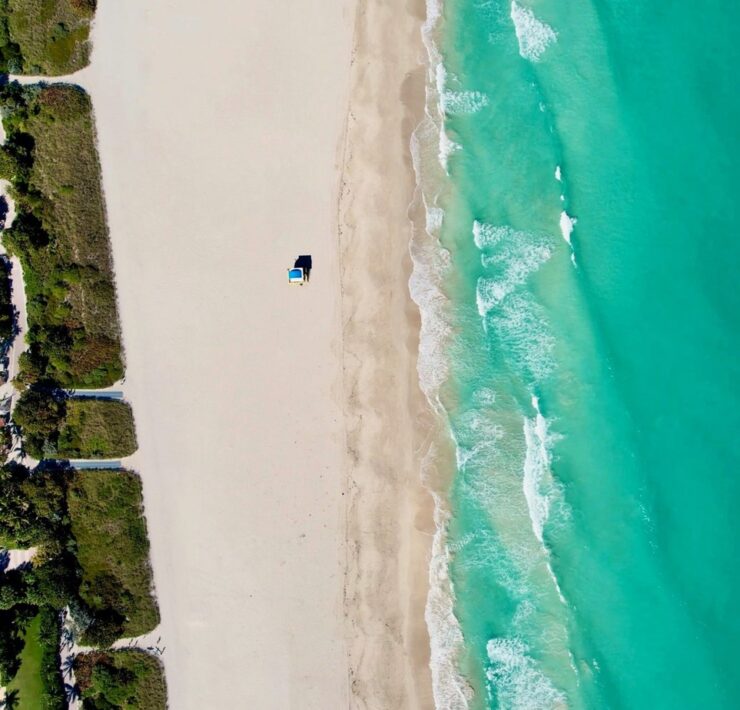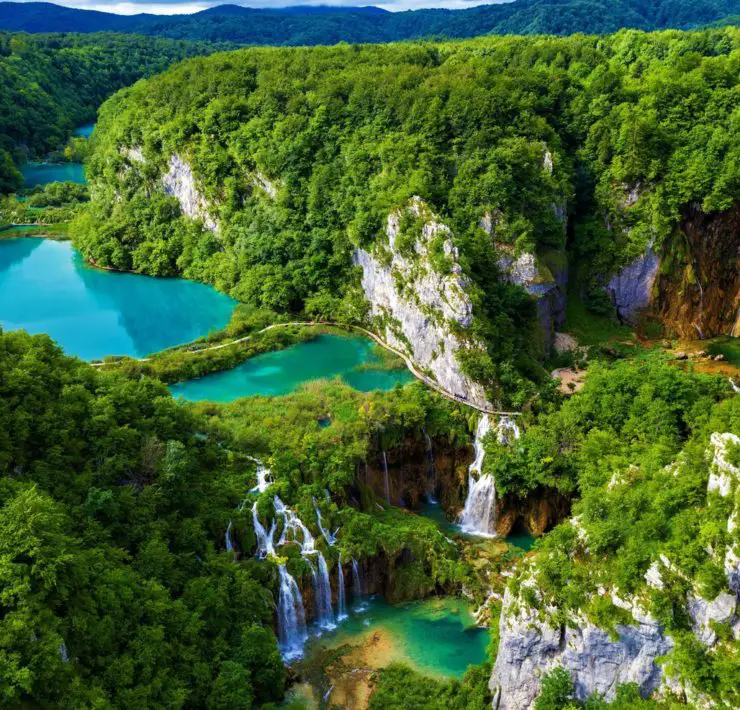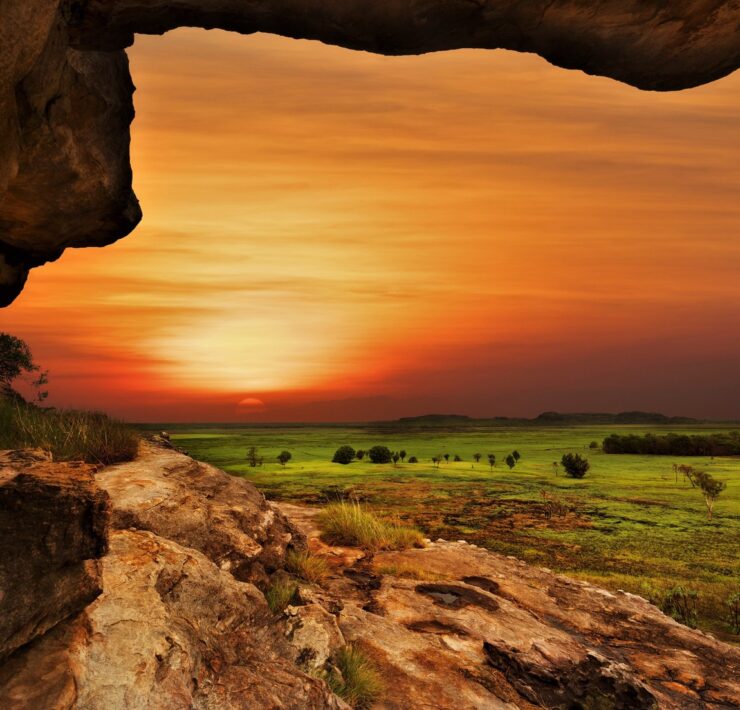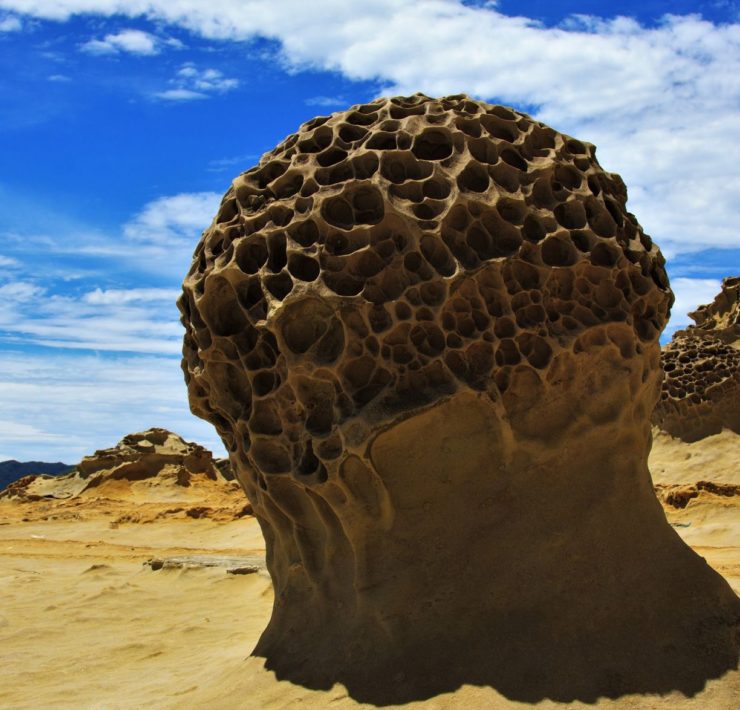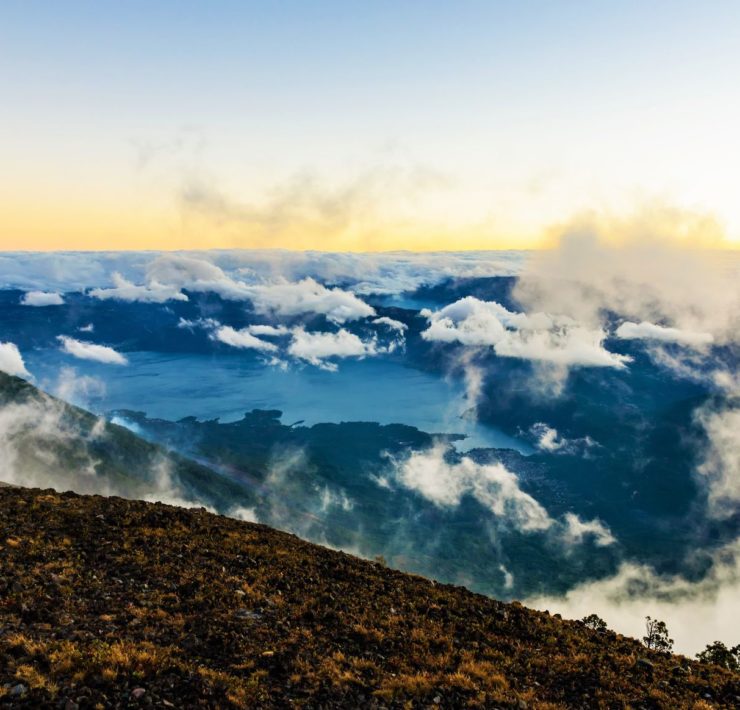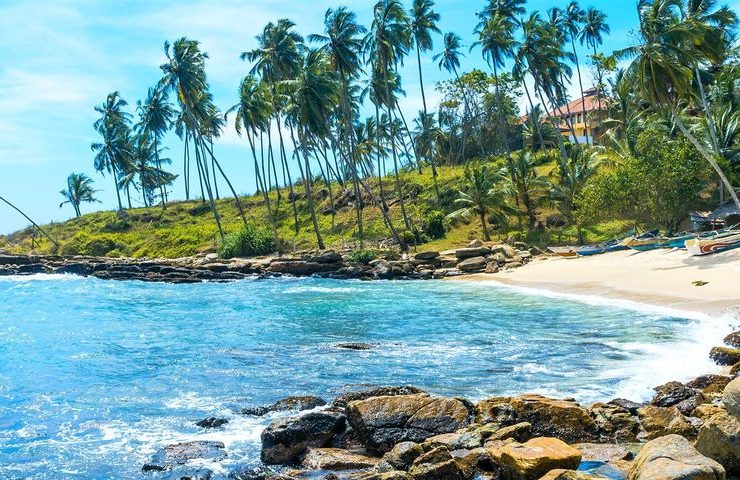Situated near the border of Black Rock Desert in Washoe County in Nevada, Fly Geyser is an awesome, man-made geyser. Also known as Fly Ranch Geyser, it is one of the top attractions in the state of Nevada, although some residents are not even aware of its existence within their domain. This geyser, which ejects water about five feet into the air, can be found in the proximity of the State Route 34 and on rim of the Fly Reservoir.
Background Information
In 1917, a well was drilled on the same property where Fly Geyser stands today with the aim of using it for irrigation purpose. But the well was abandoned after geothermal boiling water of around 200 degrees was struck. It was concluded that the temperature of the water was not suitable for farming purposes. The geyser gave rise to a cone of calcium carbonate of about 12 feet before it stopped spewing out hot water.
Fly Geyser was the result of another attempt to drill a well for geothermic energy uses in 1964. The geothermic energy company soon discovered water of the same temperature as the previous geyser. This second well was again abandoned because the temperature of the water was not as high as what the energy company was looking for. It was said that the well was re-sealed, but that apparently is not true or maybe it was not properly covered because hot water soon started to be ejected into the air. The accidental appearance of Fly Geyser caused the other well drilled years earlier to dry up, probably because of underground water redirection.
Fly Geyser Today
This man-made geyser on the edge of Nevada’s Black Rock Desert has grown in size over the years, and continues to grow to this day. This increase in size is as a result of diverse minerals being spewed out and accumulating on the surface. Fly Geyser, which is donned in different hues, has several terraces from which water is released into numerous pools below. A look at this stunning geyser brings to mind the different colors of the rainbow, albeit it looks like something out of this planet. The green and red colors on it is said to be due to the presence of thermophilic algae, which are known to thrive in hot environment. The rainbow-like look is also attributed to ejected minerals reacting with oxygen present in the air.
Fly Geyser has not been able to grow as high as the first geyser on the same water which it caused to dry up. The presence of several spouts has made it impossible for it to rise beyond about five feet. But it makes up for this with several mounds, which are still growing. An ecosystem is forming in the pools of water near the geyser. These ponds play host to small fish and some birds.
There are two other geysers, which were formed in the same way as Fly Geyser, in the area. The first of these two looks like a small volcano — standing at about three feet. The second is shaped like a cone and about the same height as Fly Geyser. Both of these geysers are also growing.
Visiting Fly Geyser
Unfortunately, Fly Geyser sits on a private land known as the Fly Ranch and it is, therefore, illegal to trespass. The area is cordoned off with a high fence and locked gate that have barbed wires at the top. Although it is not impossible for permission to be sought from the owners for day tours, the public is mostly restricted from going close to the geyser. Your best bet for viewing this wonderful, man-made geyser at almost any time will be from the road. It is located only about 0.3 miles away from the State Route 34 and this makes it a great place to view this impressive phenomenon from. The geyser is big enough to be seen from the dirt road.
When On Earth Magazine is for people who love travel. We provide informative travel guides, tips, ideas and advice regarding places to see, things to do, what to taste, and much more for world travelers seeking their next dream vacation destination.

